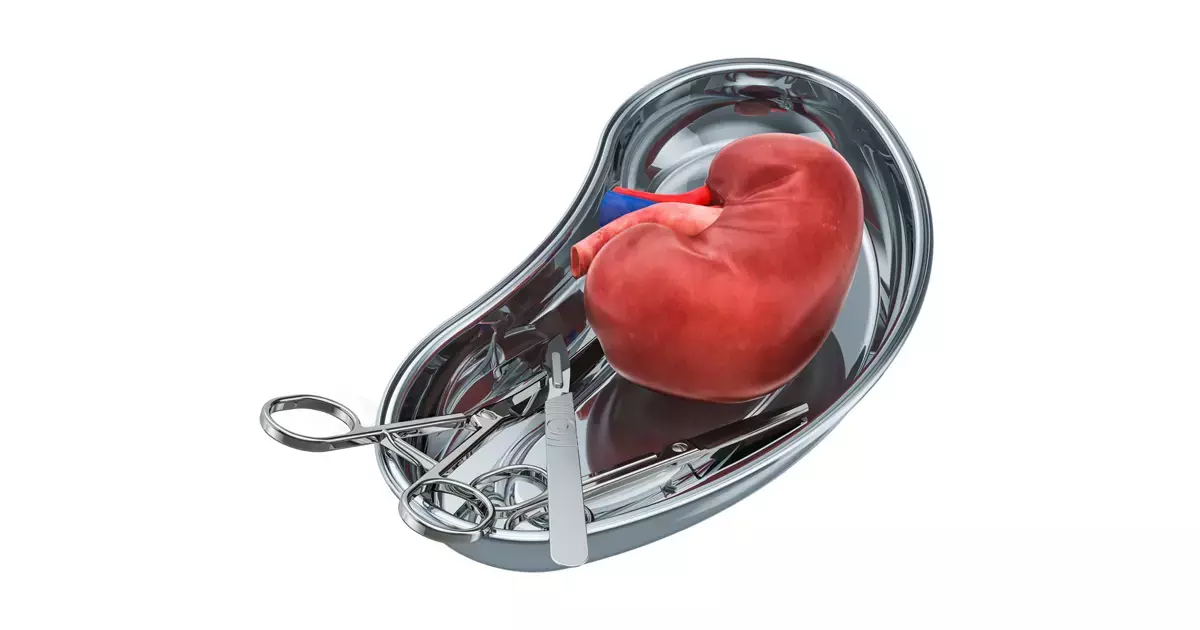- Home
- Medical news & Guidelines
- Anesthesiology
- Cardiology and CTVS
- Critical Care
- Dentistry
- Dermatology
- Diabetes and Endocrinology
- ENT
- Gastroenterology
- Medicine
- Nephrology
- Neurology
- Obstretics-Gynaecology
- Oncology
- Ophthalmology
- Orthopaedics
- Pediatrics-Neonatology
- Psychiatry
- Pulmonology
- Radiology
- Surgery
- Urology
- Laboratory Medicine
- Diet
- Nursing
- Paramedical
- Physiotherapy
- Health news
- Fact Check
- Bone Health Fact Check
- Brain Health Fact Check
- Cancer Related Fact Check
- Child Care Fact Check
- Dental and oral health fact check
- Diabetes and metabolic health fact check
- Diet and Nutrition Fact Check
- Eye and ENT Care Fact Check
- Fitness fact check
- Gut health fact check
- Heart health fact check
- Kidney health fact check
- Medical education fact check
- Men's health fact check
- Respiratory fact check
- Skin and hair care fact check
- Vaccine and Immunization fact check
- Women's health fact check
- AYUSH
- State News
- Andaman and Nicobar Islands
- Andhra Pradesh
- Arunachal Pradesh
- Assam
- Bihar
- Chandigarh
- Chattisgarh
- Dadra and Nagar Haveli
- Daman and Diu
- Delhi
- Goa
- Gujarat
- Haryana
- Himachal Pradesh
- Jammu & Kashmir
- Jharkhand
- Karnataka
- Kerala
- Ladakh
- Lakshadweep
- Madhya Pradesh
- Maharashtra
- Manipur
- Meghalaya
- Mizoram
- Nagaland
- Odisha
- Puducherry
- Punjab
- Rajasthan
- Sikkim
- Tamil Nadu
- Telangana
- Tripura
- Uttar Pradesh
- Uttrakhand
- West Bengal
- Medical Education
- Industry
Dexmedetomidine decreases delayed graft failure after kidney transplant from cardiac death donor: JAMA

China: A new study conducted by Xi-sheng Shan following a donor after cardiac death (DCD) kidney transplant, 24-hour perioperative dexmedetomidine reduced the incidence of delayed graft function (DGF). The findings of this study were published in the Journal of American Medical Association.
After a kidney transplant, delayed graft function is a risk factor for acute rejection and graft failure. Dexmedetomidine has been shown to be renoprotective in previous studies, although it is unknown whether it will improve kidney allograft function. As a result, this study looked into the effects of perioperative dexmedetomidine on DGF after a kidney transplant from a donor after cardiac death.
The First Affiliated Hospital of Soochow University in Suzhou, China, conducted a double-blind, single-center, placebo-controlled randomized clinical trial. Adults (18 years and older) planned for DCD kidney transplants were enrolled between September 1, 2019, and January 28, 2021, and then randomized to either dexmedetomidine or normal saline (placebo). The results of one year after surgery were documented. The adjusted intention-to-treat population was used in all analyses. Patients in the dexmedetomidine group got a perioperative dexmedetomidine intravenous infusion for 24 hours. Patients in the normal saline group got an intravenous placebo infusion with the same dosing schedule as the dexmedetomidine group.
The main outcome was the occurrence of DGF, which was defined as the necessity for dialysis in the first week after the transplant. In-hospital repeated dialysis in the first post-transplant week, in-hospital acute refusal, serum creatinine, serum cystatin C, estimated glomerular filtration rate, a requirement for dialysis, and patient survival on post-transplant day 30 were all predetermined secondary outcomes.
The key findings of this study were as follows:
1. Only 111 of the 114 patients who started the research finished it, with 56 of them receiving dexmedetomidine and 55 receiving normal saline.
2. Dexmedetomidine infusion reduced the incidence of DGF and repeated dialysis when compared to normal saline, but had no effect on other secondary outcomes.
3. On postoperative days 1 and 2, dexmedetomidine vs. normal saline infusion resulted in a greater median (IQR) creatinine clearance rate, as well as a higher median (IQR) urine output on postoperative days 2 and 7 and at hospital release.
4. By the post hoc 1-year follow-up visit, three patients (5.5%) in the normal saline group had had allograft failure.
In conclusion, the results support the use of dexmedetomidine in kidney transplants.
Reference:
Shan, X., Hu, L., Wang, Y., Liu, H., Chen, J., Meng, X., Pu, J., Huang, Y., Hou, J., Feng, X., Liu, H., Meng, L., Peng, K., & Ji, F. (2022). Effect of Perioperative Dexmedetomidine on Delayed Graft Function Following a Donation-After-Cardiac-Death Kidney Transplant. In JAMA Network Open (Vol. 5, Issue 6, p. e2215217). American Medical Association (AMA). https://doi.org/10.1001/jamanetworkopen.2022.15217
Neuroscience Masters graduate
Jacinthlyn Sylvia, a Neuroscience Master's graduate from Chennai has worked extensively in deciphering the neurobiology of cognition and motor control in aging. She also has spread-out exposure to Neurosurgery from her Bachelor’s. She is currently involved in active Neuro-Oncology research. She is an upcoming neuroscientist with a fiery passion for writing. Her news cover at Medical Dialogues feature recent discoveries and updates from the healthcare and biomedical research fields. She can be reached at editorial@medicaldialogues.in
Dr Kamal Kant Kohli-MBBS, DTCD- a chest specialist with more than 30 years of practice and a flair for writing clinical articles, Dr Kamal Kant Kohli joined Medical Dialogues as a Chief Editor of Medical News. Besides writing articles, as an editor, he proofreads and verifies all the medical content published on Medical Dialogues including those coming from journals, studies,medical conferences,guidelines etc. Email: drkohli@medicaldialogues.in. Contact no. 011-43720751


